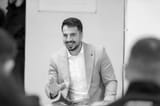Two Months Across U.S. Startup Hubs - Boston, Austin, San Francisco
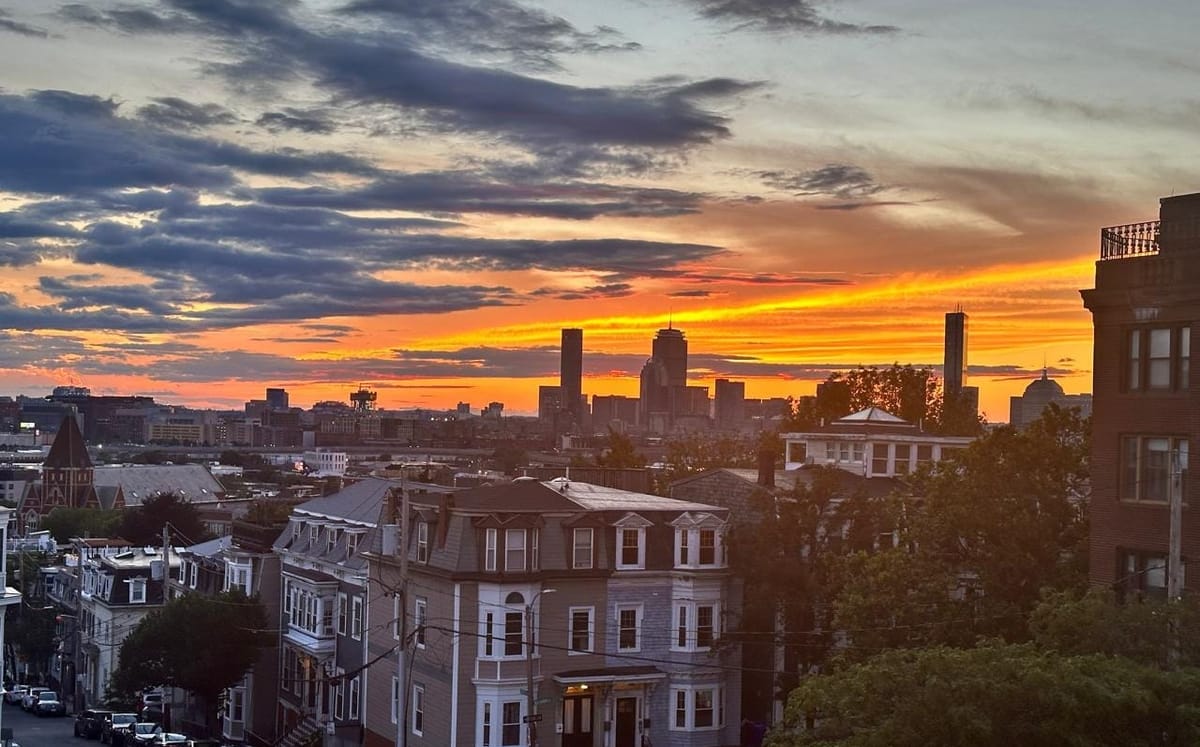
This summer, I decided I needed more than meetings and remote calls. I wanted to connect with the raw energy of founders pushing things forward. So, packed my bags and spent two months driving through three U.S. startup hubs: Boston, Austin, and San Francisco. I wanted to emerge with what sparks innovation, how founders struggle and succeed, and how culture, cost, networks really impact growth.
What I Saw & Learned from Each City
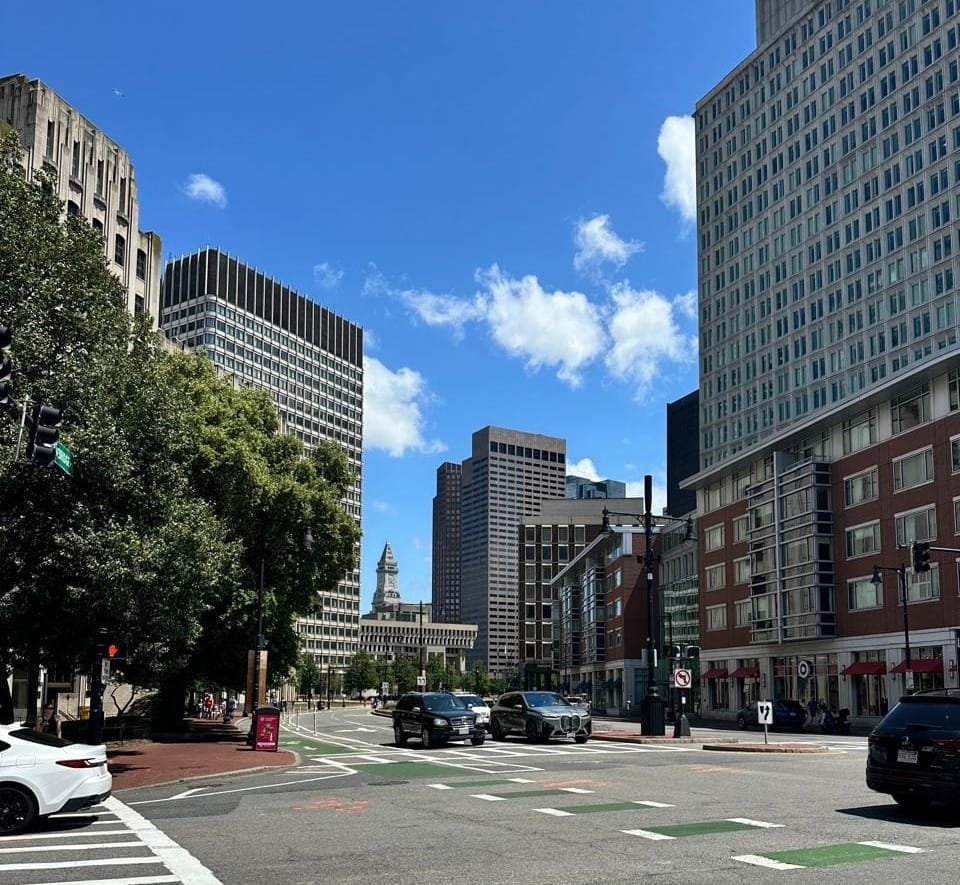
Boston - Biotech Startup Scene
I based myself around Cambridge, at the Center for Integration & Collaboration (CIC) near MIT. Walking through Kendall Square, you feel the weight of scientific research everywhere. Biotech is everywhere: companies like Ginkgo Bioworks and smaller labs are pushing boundaries in gene therapy, diagnostics, digital therapeutics.
What struck me: the speed at which academic research moves toward commercialization, the strong presence of investors focused on life sciences, and the way regulation and institutions are part of the conversation from Day One.
One of the most memorable moments of my Boston stop wasn’t inside a lab or at CIC, but at a small community event: the Caffe’ Cambridge gathering. Picture a crowded café, laptops half-closed, conversations spilling from tables. At one corner, a founder working on digital traded stories with a mechanical engineer who had just spun out from MIT.
Challenges: High costs (labs, hiring, regulation). Long timelines - biotech startups need patience and funding over many years. Also, translating academic research into commercially viable products remains hard. But regulatory policies are evolving, investor interest is strong, and partnerships between academia, government, and private sector are increasing.
Austin - The Startup Promise
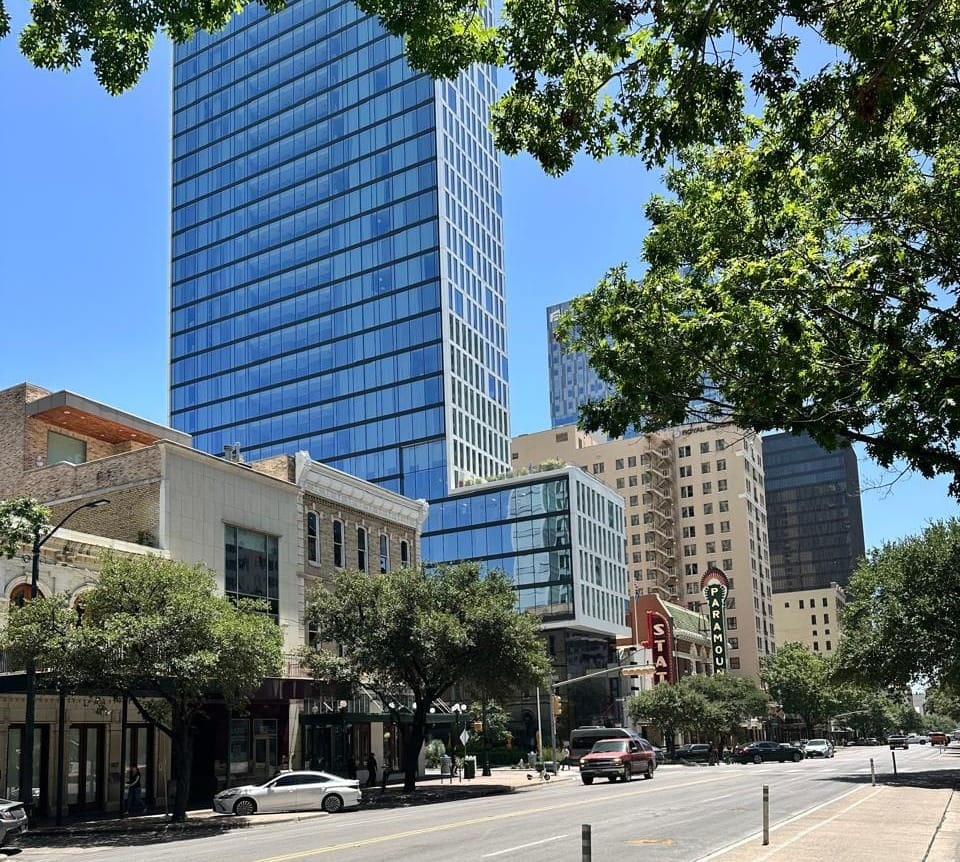
While in Austin I visited Capital Factory and heard from first-time founders who had quit stable jobs to build products solving local friction: transport, healthcare access, community services. One founder compared Austin to SF, saying: here “failing fast” is not a dirty phrase, it’s practice.
Why Austin Is Rising: Austin combines energy, lower costs, and a growing ecosystem. Capital Factory acts as a hub: accelerator, coworking space, network connector. There are notable tech meetups, sectors like AI, greentech, healthcare gaining traction. Research institutions like UT Austin, and increasing investment are helping.
Investment Scene: Capital is coming in, but compared to Boston or San Francisco, Austin’s venture networks are thinner. Some founders told me they still fly to the Bay Area to raise significant rounds. Early-stage capital is present, but scaling often requires connections beyond Texas.
San Francisco - The Elder Statesman of Startups
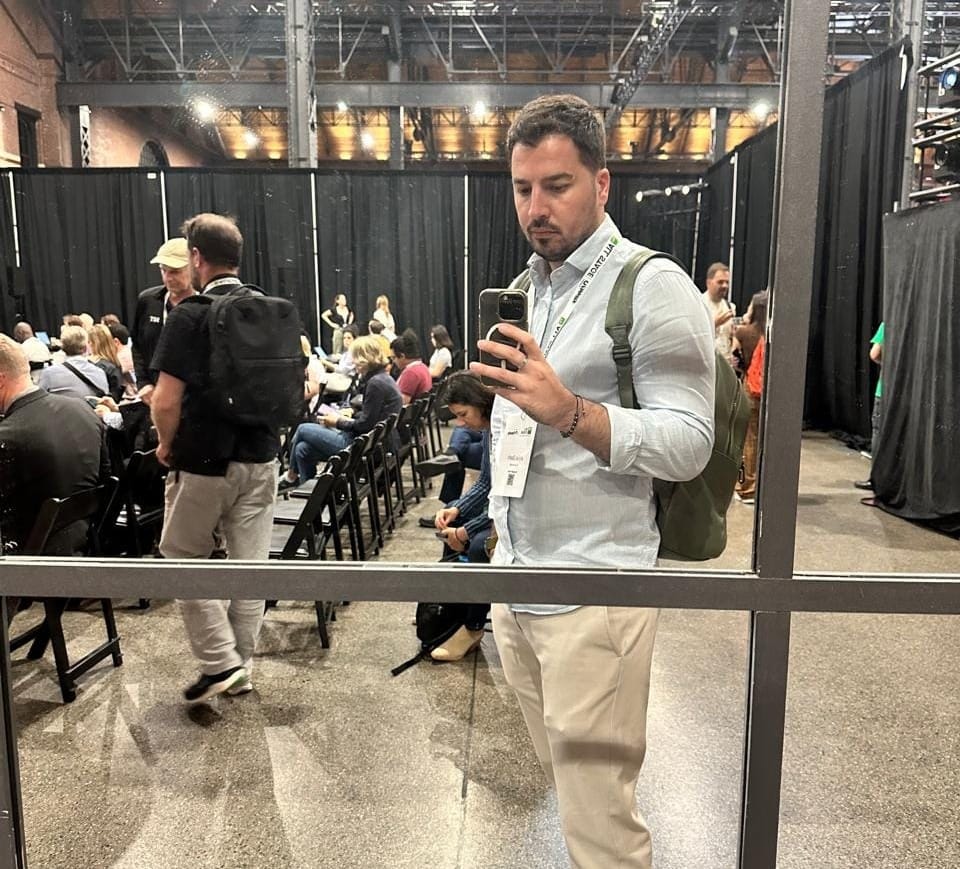
San Francisco / Bay Area remains the gold standard. The scale, the density, the funding availability - nothing quite matches it. Over 15,000 startups, massive venture capital flows, unicorn companies, intense competition.
What I noticed: it can feel saturated. The cost of operations & living pushes founders to aim bigger faster; sometimes I saw ideas that maybe weren’t differentiated, but getting traction because of team, funding, or luck more than product. Also, a strong bias toward tech and software verticals (SaaS, FinTech, EdTech) though biotech / healthtech are present too.
Ecosystem matters: Networks, institutions, regulation, and access to capital shape what ideas succeed. Your work background might be an important factor too.
But being here is expensive. I met founders who sublet cheap rooms, who delayed hiring engineers, who work 80-hour weeks to keep up. One told me: “When you’re here, the idea of failure is heavier.” Because visibility is higher. Expectations are loud.
On the othr hand, one of the clearest contrasts I noticed in San Francisco was the venture capital density. You can walk a few blocks in SoMa or Sand Hill Road and bump into partners from firms like Sequoia, Andreessen Horowitz, or smaller seed funds. Over coffee in a WeWork lobby, I overheard two VCs debating whether valuations for AI-first startups had already peaked.
What I’m Taking Home from this experience
The importance of patience + speed together. Boston biotech needs long patience; SF demands fast validation. Mixing both mindsets is powerful.
During my time in San Francisco, I had the chance to talk with several venture partners and founders who’d crossed over into investing. Those conversations were some of the most eye-opening of the trip.
For me, it was a reminder that building a startup is equal parts craft and conviction. You need the numbers, but you also need to inspire people to believe in the future you’re trying to create.
Thank you for reading - Arjus
If you’re building or scaling a startup in the U.S. and want perspective from someone who has walked these ecosystems, I’d love to connect. Feel free to reach out if you’d like advice on fundraising, strategy, or simply navigating the early chaos of founding.
